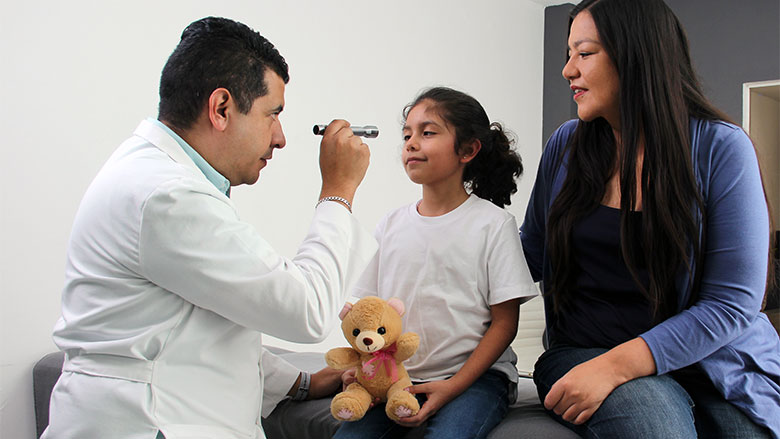The World Bank (WB) executive board approved today a US$200 million loan to support Chile’s universal primary care program, an essential component of the country’s efforts to reform its health system.
The Program for Universal Primary Healthcare Coverage and Resilience will improve the population’s access to quality health services, through innovative measures aimed at increasing the accessibility, resilience, and efficiency of primary care. This will contribute to consolidating primary care as the basis of the health service delivery system.
“Primary care is the basis of the resilience of health systems and represents the most effective and efficient investment to achieve the goal of universal health coverage. There is consensus that this is the most realistic way to guarantee the right to health,” highlighted Ximena Aguilera, Chilean Minister of Health.
The project will be implemented gradually and aims to reach 187 of the country’s 346 municipalities by the end of 2027. At the same time, some cross-cutting measures will benefit all the inhabitants of Chile.
According to Issam Abousleiman, World Bank director for Bolivia, Chile, Ecuador and Peru “Primary health care has enabled Chile to take important steps, such as achieving the end of child malnutrition. By expanding the coverage, efficiency and resilience of this care model, the country will be better prepared to face new health challenges, which include events such as the impact of climate change and possible new pandemics”.
Innovative measures to strengthen primary health care
The project focuses on three areas of action. The first is to establish quality primary care services that are accessible and free for all people, regardless of their health insurance situation, promoting greater access to telemedicine and establishing new clinical facilities in rural communities. 80% of the population in Chile currently has access to benefits at this level, although only 50% of them use them annually.
The second area focuses on building a health system that can prevent, prepare for and respond effectively to the impact of climate change and future public health emergencies. The Chilean Ministry of Health will develop and implement resilience plans and public health emergency drills, to meet the specific requirements of each territory.
Finally, the project seeks to improve efficiency and transparency in the use of healthcare resources. To achieve this, among other initiatives, a virtual health management platform will be put in place, using artificial intelligence to manage the demand for these services.
The implementation of these innovative measures will strengthen primary health care in Chile, which will significantly reduce avoidable emergency room visits and hospitalizations. Furthermore, it will contribute to generating regional and global knowledge on high-priority reforms in the health sector.


